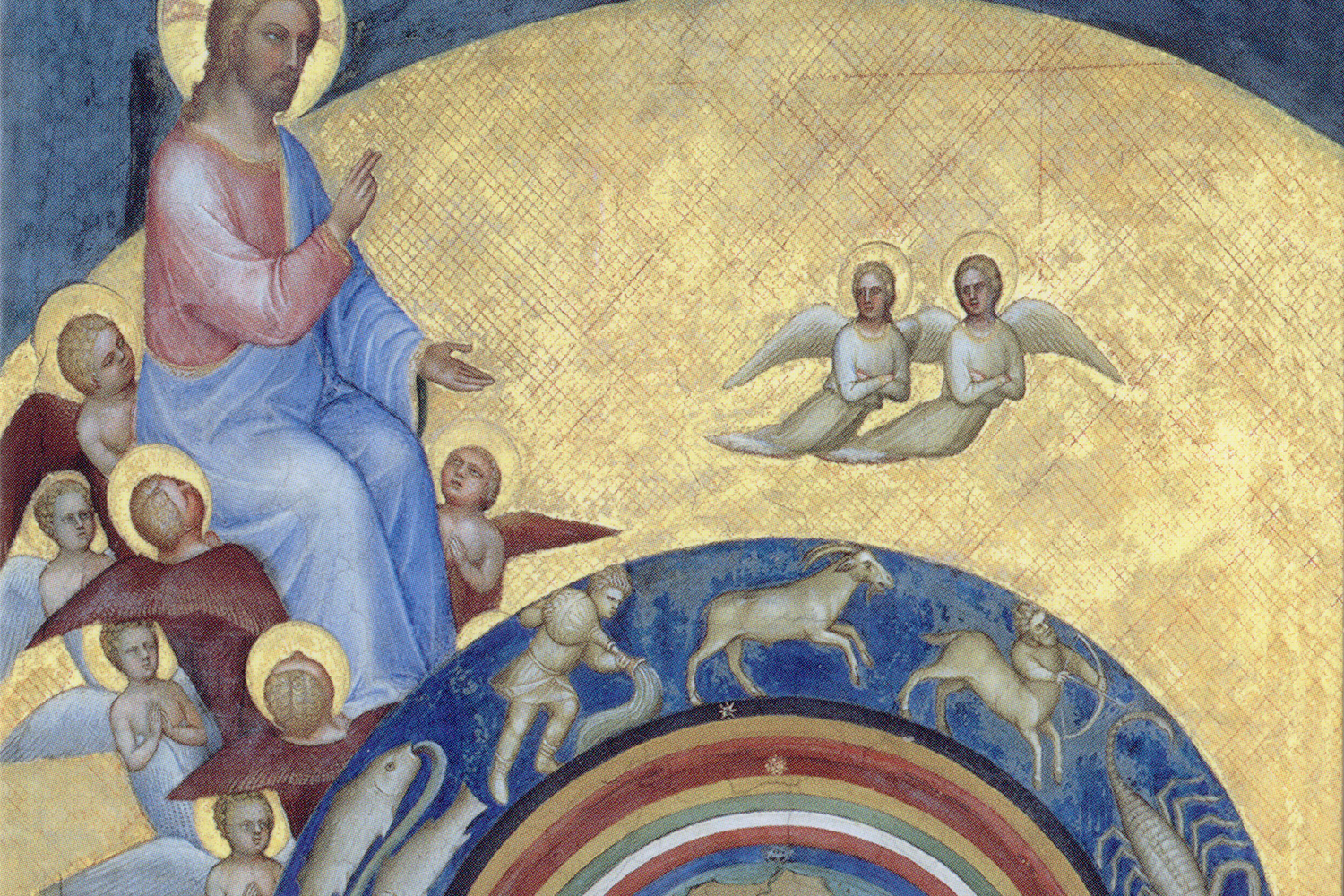
Venetiae, mundi splendor – Johannes Ciconia between Rome and Veneto, 1390-1412

Venetiae, mundi splendor – Johannes Ciconia between Roma and Veneto, 1390-1412, the training event is part of the Early Music Seminars Egida Sartori and Laura Alvini and represents an opportunity for scientific reflection on the relationship between music and social diseases, between music and social discrimination following pandemic events such as the great plague of 1348 in Europe.
The seminar is part of the annual thematic programme Democracy and Pandemics, to which the exhibition Venice and the Epidemics is dedicated, set up at the Longhena Library starting on 20 June.
The five-day seminar focuses on the life of Johannes Ciconia (Liège, ca. 1370-Padua, 1412), which has given rise to several biographies, the first of which confused his figure with that of his father of the same name. A young cantor in the service of Cardinal Philippe d’Alençon in the early 1390s in Rome, Ciconia’s son absorbed the polyphonic style of the Papal Chapel – not least that of the scriptor apostolicus and prolific composer Antonio Zacara da Teramo. But later, after d’Alençon’s death in 1397, he used the latter’s political contacts to find new employment in northern Italy: first perhaps in Lucca and Milan, then certainly in Padua from 1402, where he was in the service of the jurist and clergyman Francesco Zabarella and of Padua Cathedral until his early death in 1412.
One of his motets will receive special attention: Ut te per omnes celitus / Ingens alumnus Padue. Composed in Padua and explicitly dedicated to Zabarella, the piece both describes divine omnipotence and alludes to an apocalyptic scenario through the words omnipater qui cuncta nutu concutit. Well, that this scenario may allude to the plague is suggested by the recrudescence of the disease that occurred in Padua in 1404, which forced Zabarella to retreat, perhaps with part of his familiares, to Cittadella. The hypothesis will be examined along with the relationships that link the plague not only to the biographical events of Ciconia and his protectors, but also to musical repertoires contemporary to him. These include, above all, the lauds of the late 14th or early 15th century in Tuscany – some of which were sung to Ciconia’s melodies or polyphonies – but also the French repertoire and, in particular, the works of Guillaume de Machaut composed in the years around his lucky escape from the plague of 1348, some of which were still circulating in Italy at the end of the century.
One of these works, the Bohemian Remède de Fortune, contains a monophonic virelai reworked from a polyphonic ballade circulating in northern Italy in the early 15th century: Amour m’a le cuer mis en tel martire; its text explicitly thematises the relationship between courtly love and medicine. Another, Le Jugement dou Roy de Navarre, offers the cue for an even more general reflection on the link between music and the social, cultural and religious discriminations that emerged from the spread of the great plague of 1348 in Europe. It will be recalled in this regard that in the Jugement dou Roy de Navarre, Machaut dedicates an extensive section to the accusation against the Jews as poisoners of rivers and fountains, believed to be at the origin of the pandemic – the same stigmatisation that, as we know, recurs with great frequency in 14th and 15th century Italian and European literature.
Lecturers at the seminar will be Barbara Zanichelli, singer and lecturer specialising in the late medieval repertoire, and Pedro Memelsdorff, director of the Early Music Seminars since 2006. They will be flanked by musicologists Francesco Zimei – an expert in laudatory repertoire – and Anna Zayaruznaya – a specialist in French Ars Nova and lecturer at Yale.
The event is organised in cooperation with Fondation Concordance (Basel), Alamire Foundation (Leuven), Irma Merk Stiftung and L.+Th. La Roche Stiftung (Basel), contributors of the winning scholarships.
On 26 June, as part of the seminar, there will be a concert by the scholarship winners of the call.
The winning scholars were selected by call for papers.
The seminar is also open and free of charge to listeners, upon request and approval by the secretariat.
